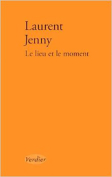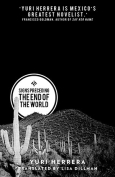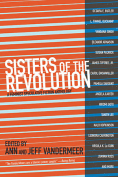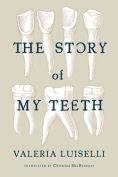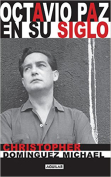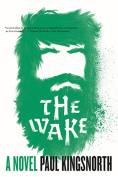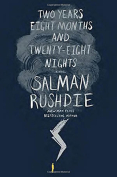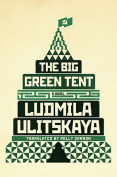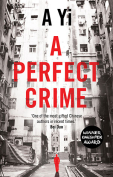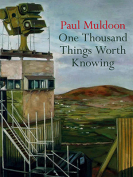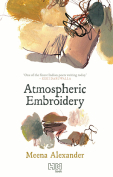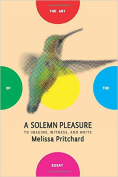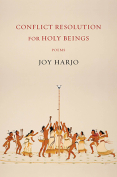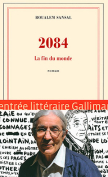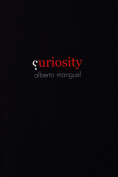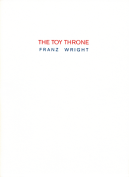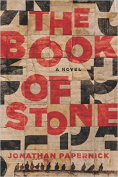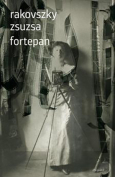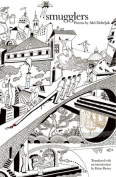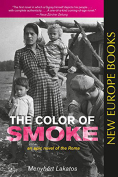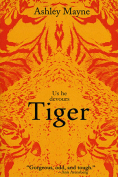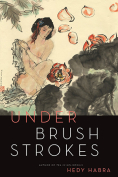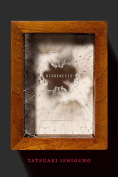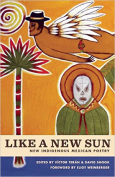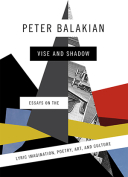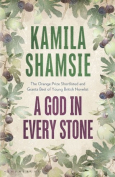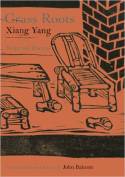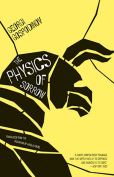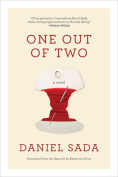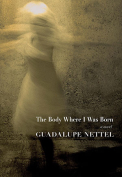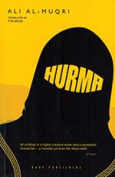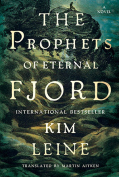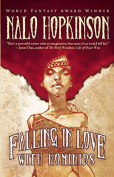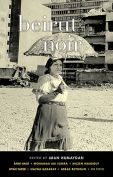Smugglers by Aleš Debeljak
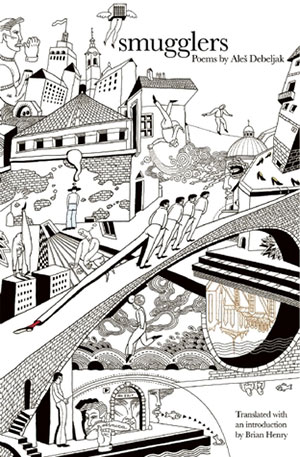 Rochester, New York. BOA Editions. 2015. 108 pages.
Rochester, New York. BOA Editions. 2015. 108 pages.
Slovenian poet Aleš Debeljak’s new bilingual volume, Smugglers, contains five cycles and four nonrhymed quatrains. Each of the individual poems pulses with emotional intensity inspired by various streets and squares of the poet’s hometown of Ljubljana—its bars, cinemas, or cemeteries—with dedications to close friends and writers from the former Yugoslavia.
In the map of Smugglers, intertextual references function as explicit quotes. The unique tone of the collection approaches prose diction, with lightning-like associative leaps characteristic of Debeljak’s use of poetic images. These quotes and dedications appear as markers with which the reader gets back to an old private or political story of the urban chronicle of Ljubljana or any other city. The lyrical voice intuitively summons it as a witness of the moments that link the poet’s childhood, adolescence, and adulthood to the present era: “I was there; if you want, / call it a place of private memory, if you want, the end of the road.” Nostalgia for a former life thus turns into nostalgia for all such persons, places, and situations that shaped the poet’s personal identity but also the anguish and trauma over a forever-changed people in the region.
More than in some previous collections, Debeljak’s lyrical voice is tinged with the experience of death, both that of close friends (fellow writers Boštjan Seliškar and Igor Zabel) and the death of ex-Yugoslav culture as the symbolic home of past generations, including that of the poet. Images of recollection are transformed into the contours of ghosts and phantoms, sometimes nameless: “I seek the dead and musty corridors” or “I read dead men to myself.”
In this regard, a number of the poems are also provided with the inserted quotes, which will be challenging for outsiders to identify. These are the names of famous movies, books, or characteristics of the former Yugoslavia, which are also reflected in the global meaning of the text: for example, The Feather Collectors is the name of a famous film by Aleksandar Petrović on the life of the Romani that received the Palme d’Or.
Although at first glance it may not seem so, this is perhaps one of Debeljak’s most intimate and exciting collections. The picturesque architecture of Ljubljana evokes the timeless beauty of baroque art and the poet’s attachment to it. At the same time, in the dark deserted interiors reside the ghosts of the past, a past that is unfortunately more powerful than the future.
Bojana Stojanović Pantović
University of Novi Sad

